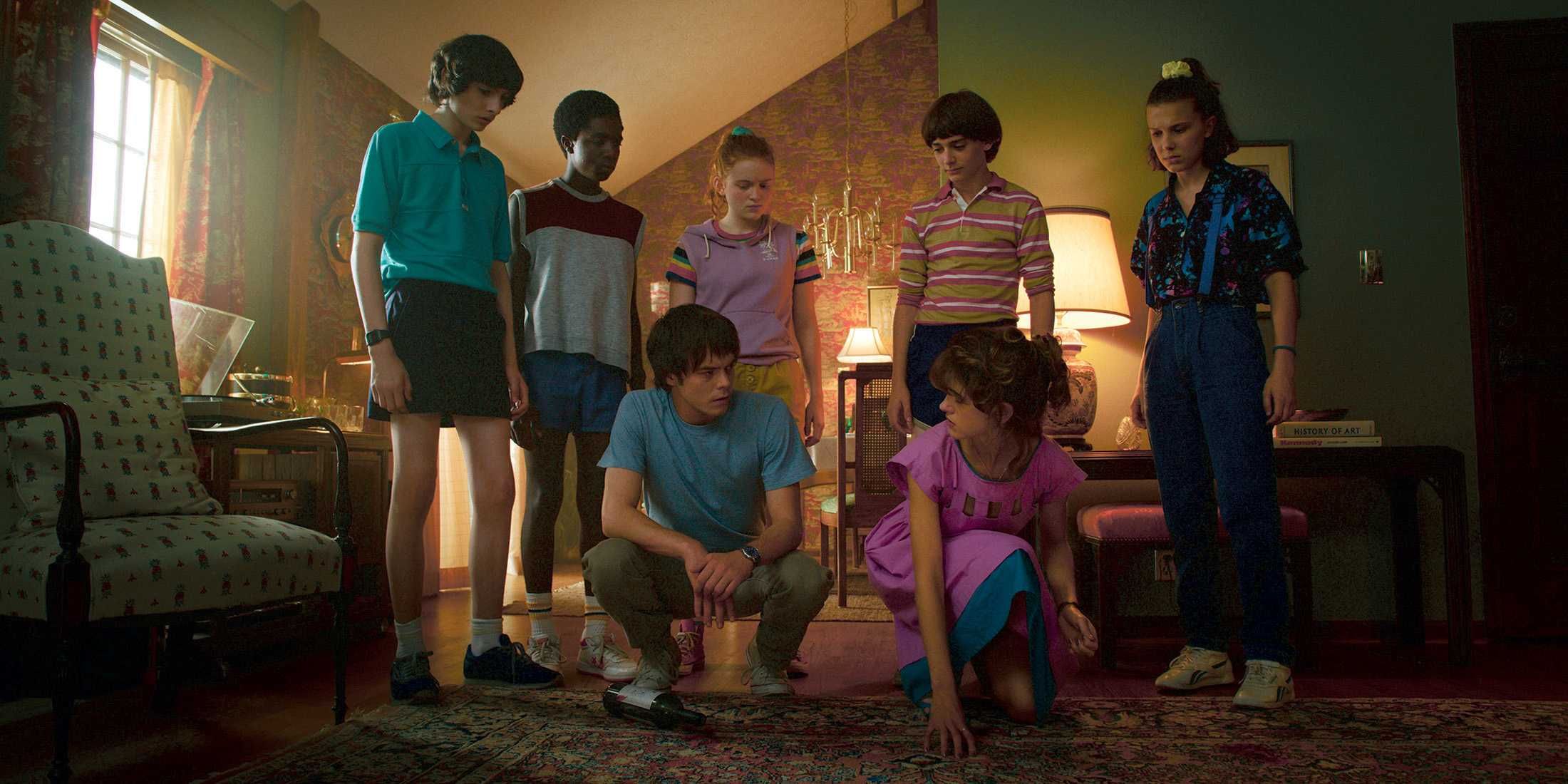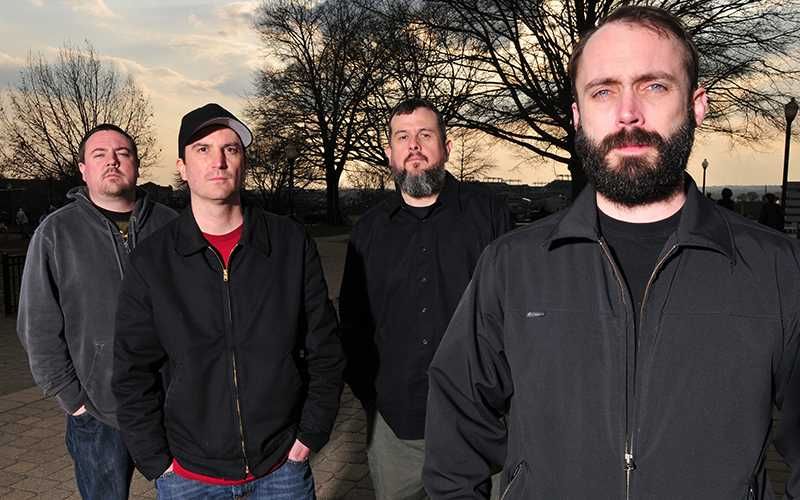Back to the ’90s night at TRF also features Young M.C. and Rob Base
Rapper Freedom Williams doesn’t have a lot of hits under his belt. But the ones he wrote rhymes for are so ubiquitous in our culture that they have been memorized even by people who claim they don’t like rap music.
Williams was a member of C+C Music Factory in its short heyday when it topped the charts with such club confections as “Gonna Make You Sweat (Everybody Dance Now),” “Here We Go (Let’s Rock & Roll),” “Things That Make You Go Hmmm…,” and “Just a Touch of Love.”
Williams is still a member of C+C Music Factory but a lot has happened since the group first disbanded in 1996.
C+C Music Factory featuring Freedom Williams will perform as part of the Back to the ’90s show on July 20 at the Three Rivers Festival. Other artists in the show include Young M.C. and Rob Base.
Background in hip-hop
Williams, 53, was born in Brooklyn’s Bedford–Stuyvesant neighborhood and raised in Queens.
Hip-hop emerged in the 1970s from the boroughs of New York City, especially the Bronx, and Williams was immersed in it.
If you want to know about the birth of hip-hop, Williams is a walking (not to mention rapping) encyclopedia on the subject.
He said he attended the junior high at P.S. 192 in Hollis, Queens, only a couple of years after Run-DMC’s Jam Master Jay.
Williams said he met C+C Music Factory founders David Cole and Robert Clivilles when he was working in a technical capacity on the single “Da Butt,” for Spike Lee’s movie, School Daze. Cole and Clivilles were working on music in the same building, Quad Recording Studios.
Cole and Clivilles recruited Williams to rap on “Everybody Dance Now.” Williams was a little reluctant to take the gig because the music that Cole and Clivilles were making wasn’t pure hip-hop.
“I wasn’t necessarily into it because I was a hip-hop head,” he said in a phone interview. “But I knew it was different.”
Williams did know the song was going to be a huge success.
“We were already making hit records,” he said, “We knew the formula. We knew what was popular on the radio. We kind of knew it was going to happen. We knew we had a big record.”
Williams left the group in 1994 to pursue a solo career and the band continued with other per-formers until Cole died in 1995 of complications from AIDS.
Taking up the trademark
After Cole’s death, Clivilles decided to take a break from the music industry.
In the interim, Williams legally trademarked the C+C Music Factory name, a move that infuriated Clivilles.
In a lengthy 2016 Vice expose on the disagreement between Williams and Clivilles, the latter threatened legal action against the former.
“[Williams] is profiting from the name,” said Clivilles, who noted that the name “C+C Music Factory” was never trademarked in the ’90s. “He’s intentionally telling people that he’s the actual creator of the group… It’s time that something is done about it.”
I didn’t ask Williams what Clivilles had done about it. I did ask Williams to respond to Clivilles’ concerns.
“I’m the only one that really kept going,” Williams said of C+C Music Factory. “He’s not an artist. He doesn’t perform and he quit the business. Once you quit the business, if you own a trademark, you lose it. He’s semi-retired. He wasn’t using it. He got mad because he wanted to have it. He wants me to give him money. It’s not going to happen.”
Williams said he recently started sending out cease-and-desist orders to protect his trademark.
“We don’t talk,” Williams said of Clivilles. “He’s got an attitude but he can’t do (expletive) about it.”
At this point in the interview, a publicist spoke up and reminded us to keep things “positive.”
“Oh we positive,” Williams said. “We need edge, Asia. We need some edge. If you don’t have any edge, no one is going to read it.”
Asked if he thinks he thinks he and Clivilles will ever be able to come to a reconciliation, Williams had some choice words that might be tactfully summed up as “No.”
Williams confirmed something Duran Ramos, one of Williams’ mid-1990s successors in C+C Music Factory, said in the Vice article: The men didn’t get along from the beginning.
However one feels about all this, he or she has to agree with Williams’ in one respect:
He is out there performing hits he helped make, he is out there performing hits people want to hear, and he is the only one involved with C+C Music Factory who had any intention of doing either.
And he loves it.
“That’s why we do it,” he said. “We realized early on that music is a different kind of high. It’s not like film. When you’re a movie star, you really don’t have an audience. When you’re on stage with a live audience, it’s really, really exhilarating.”
 Submit Your Event
Submit Your Event




